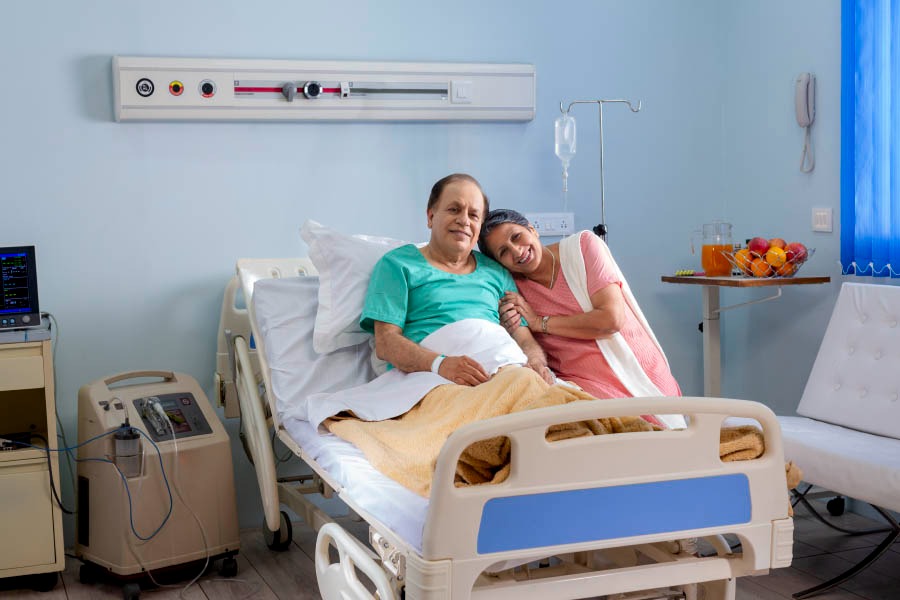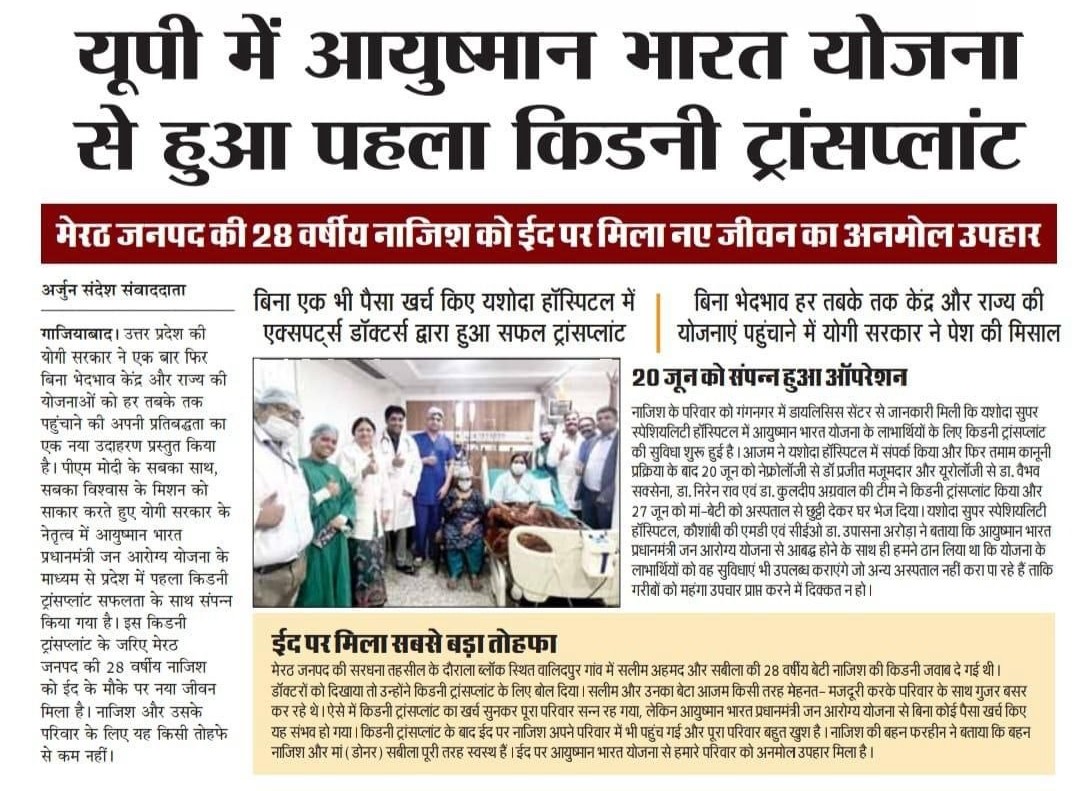

Endoscopy is a minimally invasive diagnostic and therapeutic tool that uses a flexible tube with a camera to visualise the gastrointestinal tract in real time.
Types of Endoscopy:
Our Endoscopic Services:
Common Indications:
ERCP combines endoscopy with X-ray imaging to evaluate and treat disorders of the bile ducts, gallbladder, and pancreas. A contrast dye outlines the anatomy for precise intervention.
Bile Duct Conditions Treated:
Pancreatic Conditions Treated:
EUS combines endoscopy with ultrasound to obtain detailed images of the GI tract and nearby structures such as the pancreas, bile ducts, and lymph nodes. It also enables fine-needle aspiration (FNA) for diagnostic sampling.
Indications:
FibroScan is a non-invasive ultrasound-based tool that measures liver stiffness and fat content, helping assess fibrosis and steatosis without the need for biopsy.
Indications:
SpyGlass cholangioscopy is an advanced endoscopic system that provides direct visualization of bile and pancreatic ducts through a fiber-optic probe, allowing highly precise interventions.
Indications:
We offer advanced non-surgical weight-loss options through endoscopic techniques, designed for patients seeking safe and minimally invasive alternatives.
Procedures Offered:
Benefits:

A tremendous job has been done by Dr. Amit Sharma. I met with an accident in which the ACL ligament of my left knee was completely torn. I met Dr. Amit Sharma then he analysed the situation and told us about the procedure and the time period to recover from the injury. He has performed a successful surgery. The good thing is the confidence that Dr. Amit Sharma has on his surgery that he didn’t put braces on the knee while other doctors put the braces on for a month and then started Physiotherapy which will take a longer time period to heal from the injury. Dr. Amit Sharma has started the Physiotherapy from the very next day of the...
A tremendous job has been done by Dr. Amit Sharma. I met with an accident in which the ACL ligament of my left knee was completely torn. I met Dr. Amit Sharma then he analysed the situation and told us about the procedure and the time period to recover from the injury. He has performed a successful surgery. The good thing is the confidence that Dr. Amit Sharma has on his surgery that he didn’t put braces on the knee while other doctors put the braces on for a month and then started Physiotherapy which will take a longer time period to heal from the injury.
Dr. Amit Sharma has started the Physiotherapy from the very next day of the surgery and i was discharged in 2 days, and the Physiotherapy is undergoing at my home. It's the 10th day today and I have gained so much confidence in 10 days that I am recovering very fast and in a few weeks I will be able to walk without any support.
Thanks to Dr. Amit Sharma, he is really having magical hands, he is very kind in nature, in my regular visits all of my stress went away after talking to him.
Again Thank You so much Doctor
Treatment By:
Dr. Amit Sharma
Date:
09 Apr 2025

A young female was diagnosed with chronic kidney disease after developing generalised weakness, loss of appetite, and intermittent vomiting. Investigations revealed impaired renal function with urea of 200 mg/dl, creatinine of 8 mg/dl, and haemoglobin of 9 g/dl. She was started on haemodialysis through a catheter placed in the right side of her neck and was advised AV fistula creation along with maintenance haemodialysis three times a week. She consulted our expert team of doctors, Dr Prajit Mazumdar, Dr Vaibhav Saxena, and Dr Kuldeep Agarwal, at Yashoda Superspeciality Hospital, Kaushambi. They recommended renal transplantation as ...
A young female was diagnosed with chronic kidney disease after developing generalised weakness, loss of appetite, and intermittent vomiting. Investigations revealed impaired renal function with urea of 200 mg/dl, creatinine of 8 mg/dl, and haemoglobin of 9 g/dl. She was started on haemodialysis through a catheter placed in the right side of her neck and was advised AV fistula creation along with maintenance haemodialysis three times a week.
She consulted our expert team of doctors, Dr Prajit Mazumdar, Dr Vaibhav Saxena, and Dr Kuldeep Agarwal, at Yashoda Superspeciality Hospital, Kaushambi. They recommended renal transplantation as the best form of renal replacement therapy. Her transplant workup was initiated, and her mother, who had a matching blood group, was identified as the donor.
After obtaining clearance from cardiology, pulmonology, gynaecology, and psychiatry, as well as approval from the authorisation committee, she successfully underwent renal transplantation with ATG induction. Post-transplant, she maintained good urine output with steadily decreasing creatinine levels and was discharged with a creatinine of 1.2 mg/dl.
She continues to do well on outpatient follow-up, two years after her transplant, with stable graft function.
Treatment By:
Dr Prajit Mazumdar, Dr Vaibhav Saxena, and Dr Kuldeep Agarwal
Date:
29 Jun 2023
Finally successful operation of father disease Lipoma has been done. Thanks a lot to Dr. Asheesh, Dr. Govind and Dr. Arindam Mukherjee, Nurses along with all staff. Nice experience, overall I can say every service of this hospital is outstanding.
Our heartfelt thanks to the entire Hospital, especially Dr Aayush Goyal and his team who performed the CABG surgery on our patient (Sh Arvind Bhatia) with extremely satisfactory results. Personal attention given to our case by the hospital COO, Dr. Sunil Dagar and the total management and the hospital staff, who ensured we were given utmost priority in all respects during the course of the treatment. Special thanks to Dr Asit Khanna for his diagnosis and guidance. Last but not the least, the homecare services provided by the hospital were really good.
Excellent services
Outstanding Results
We wish all the best to the hospital and its team.
